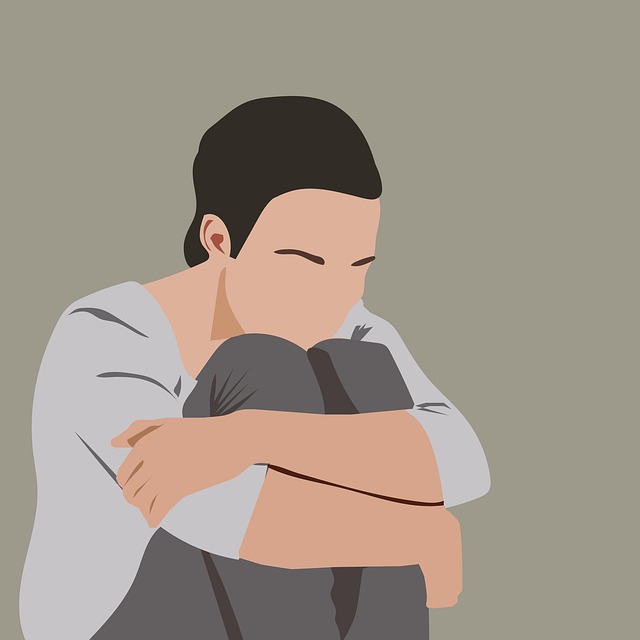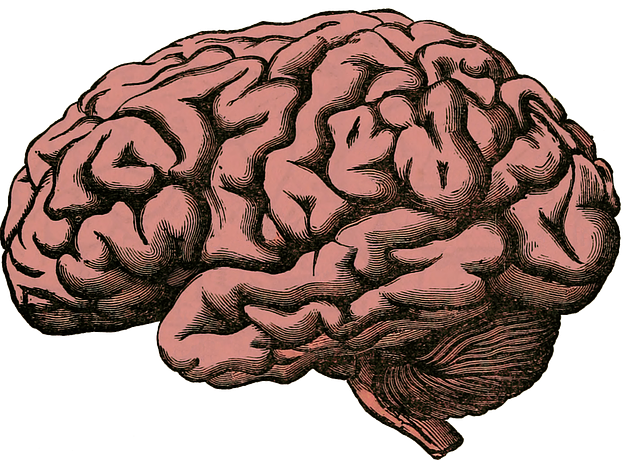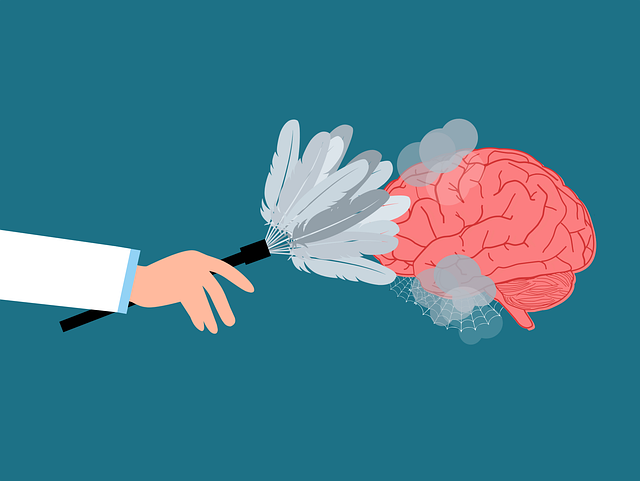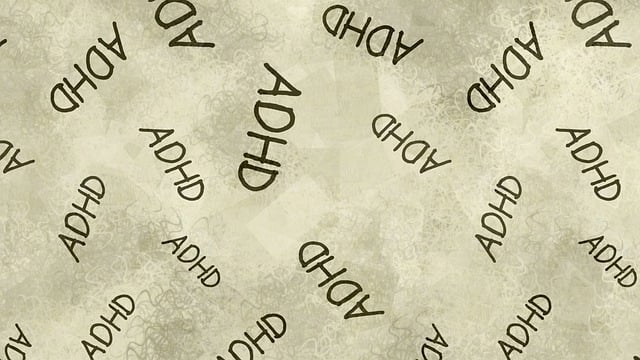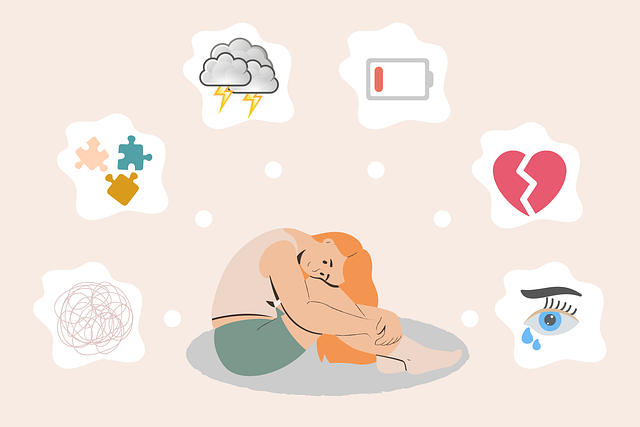Lafayette Anger Management Therapy emphasizes cultural sensitivity as a key component of effective mental healthcare. They recognize that diverse backgrounds significantly impact anger expression and management, offering tailored interventions sensitive to racial, ethnic, religious, and socio-cultural differences. Through specialized training, inclusive practices like Mindfulness Meditation, Emotional Healing Processes, and Emotional Well-being Promotion Techniques, they build trust and meaningful relationships with clients. By addressing unconscious cultural biases and promoting open dialogue, Lafayette Anger Management Therapy ensures every individual feels supported, understood, and empowered on their journey to improved mental wellness.
Cultural sensitivity is an essential aspect of mental healthcare, ensuring equitable and effective treatment for all. This article explores the complex landscape of cultural diversity in mental health care, delving into challenges, biases, and strategies for a more inclusive approach. We spotlight Lafayette Anger Management Therapy as a model for culturally sensitive practice, highlighting its benefits. By embracing cultural responsiveness, mental healthcare services can foster trust, improve outcomes, and better serve diverse communities.
- Understanding Cultural Diversity in Mental Health Care
- Challenges and Biases in Cross-Cultural Therapy
- Strategies for Culturally Sensitive Practice at Lafayette Anger Management Therapy
- Benefits of Culturally Responsive Mental Healthcare Services
Understanding Cultural Diversity in Mental Health Care

In today’s diverse societies, mental healthcare professionals must embrace cultural sensitivity to provide effective and equitable services. Cultural diversity in mental health care refers to the variety of racial, ethnic, religious, and socio-cultural backgrounds within a population, each bringing unique perspectives, values, and beliefs about mental illness and healing. Understanding these differences is crucial for Lafayette Anger Management Therapy, as it ensures that interventions are tailored to meet the specific needs of diverse individuals.
By recognizing cultural diversity, therapists can incorporate culturally responsive practices, such as Mindfulness Meditation and Emotional Healing Processes, into their approach. This involves learning about different cultural norms, traditions, and communication styles to build trust and establish meaningful therapeutic relationships. Furthermore, promoting Emotional Well-being Promotion Techniques that are sensitive to these variations fosters a safe and inclusive environment, encouraging clients from all backgrounds to seek and benefit from mental health support.
Challenges and Biases in Cross-Cultural Therapy

Providing culturally sensitive mental healthcare requires navigating complex challenges and biases that can arise in cross-cultural therapy settings. One significant hurdle is the potential for unconscious cultural biases among therapists, which may influence their interactions with clients from diverse backgrounds. These biases can stem from a lack of awareness, limited exposure to different cultures, or societal stereotypes. For instance, a therapist might unintentionally project their own cultural norms and expectations onto a client from a vastly different community, misinterpreting their behaviors or emotional expressions.
At the Lafayette Anger Management Therapy, we recognize that addressing these challenges is crucial for building trust and fostering meaningful therapeutic alliances. Enhancing emotional intelligence among therapists can play a pivotal role in overcoming biases. This involves continuous learning about various cultural contexts, practicing cultural humility, and developing inner strength to set aside personal preconceptions. Additionally, implementing community outreach programs can facilitate cross-cultural education, breaking down barriers and promoting understanding. By embracing these strategies, mental healthcare professionals can ensure their practices are inclusive and effectively cater to the unique needs of diverse client populations.
Strategies for Culturally Sensitive Practice at Lafayette Anger Management Therapy

At Lafayette Anger Management Therapy, we prioritize cultural sensitivity as a cornerstone of our mental healthcare practice. Our strategies are designed to foster inclusive and respectful environments for individuals from diverse backgrounds. We recognize that cultural context deeply influences how individuals express and manage anger, and our therapists undergo extensive training in cross-cultural communication.
Through the Mental Wellness Podcast Series Production, we share insights on navigating cultural differences in therapy. Additionally, our team actively engages in Mental Health Policy Analysis and Advocacy to promote equitable access to care for all communities. We emphasize open dialogue and utilize tailored Communication Strategies to ensure every client feels heard, understood, and supported throughout their journey towards anger management and improved mental wellness.
Benefits of Culturally Responsive Mental Healthcare Services

Cultural sensitivity in mental healthcare is not just a preference; it’s essential for providing effective and compassionate treatment. By offering culturally responsive services, Lafayette Anger Management Therapy goes beyond standard care, fostering trust and engagement with diverse clients. This approach recognizes that people from different cultural backgrounds may have unique perspectives on mental health, illness, and healing. Incorporating understanding and respect for these differences can significantly enhance the therapeutic process.
Culturally sensitive practices, such as compassion cultivation and social skills training, contribute to improved outcomes. They help address specific challenges faced by minority groups, including burnout prevention. By tailoring interventions to reflect the client’s cultural framework, therapists create a safe space where individuals feel understood and empowered to participate actively in their healing journey. This personalized approach can lead to deeper connections, increased motivation, and ultimately, more successful treatment outcomes.
Mental healthcare practices that prioritize cultural sensitivity, such as those implemented at Lafayette Anger Management Therapy, are essential in fostering inclusive and effective treatment. By recognizing and addressing cross-cultural challenges and biases, therapists can create a safe and supportive environment for individuals from diverse backgrounds. This approach not only enhances the quality of care but also promotes positive outcomes, ensuring that everyone receives culturally responsive mental healthcare services tailored to their unique needs.




